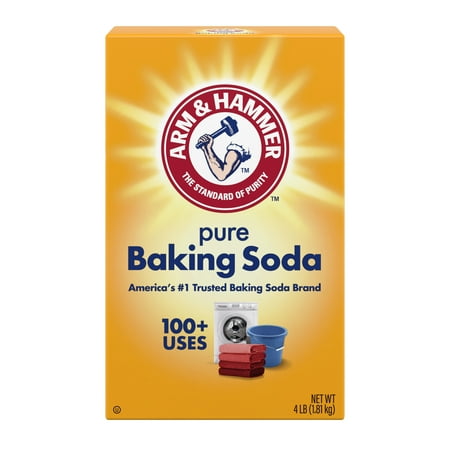How to clean a house after a remodel – 6 cleaning tips from contractors to tackle dust, paint, and concrete
Clear away all signs of construction with these smart cleaning tricks

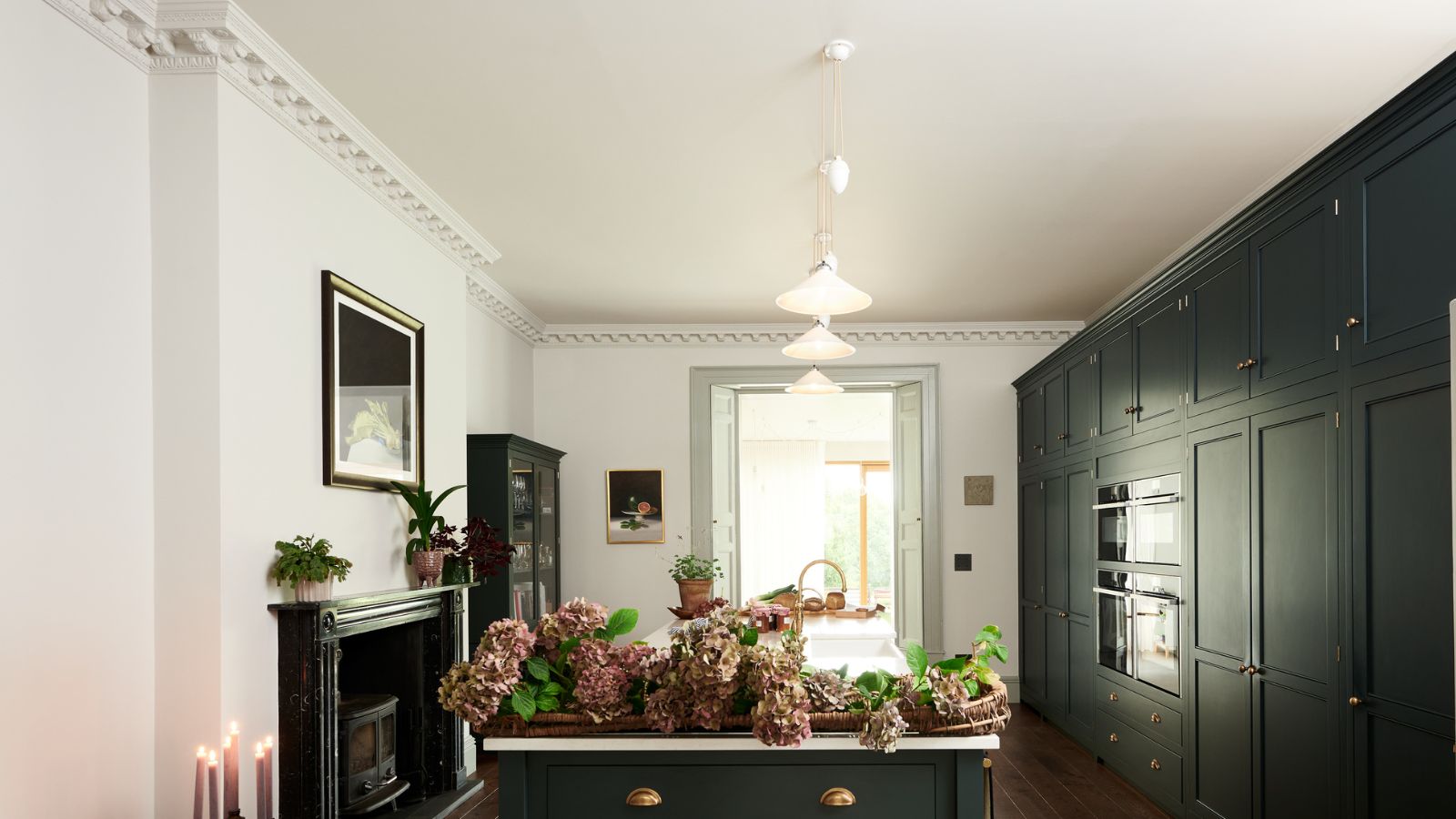
The hard work is done, the contractors have left and you can finally enjoy your home again after your big renovation project – that is, except for all the mess.
Cleaning up a house after it being a worksite for months is hard but essential work. Dealing with dust and tackling stains, may be time-consuming, but with our pro tips will be thoroughly worth it.
Our panel of expert cleaners and contractors share their top cleaning tips for getting a house back in order after a renovation and make this overwhelming task simpler.
How to clean a house after a remodel
As there are several things you shouldn't bother cleaning during a remodel, your home is likely to become a mess by project completion. Here’s how to restore some normalcy.
1. Start with large debris
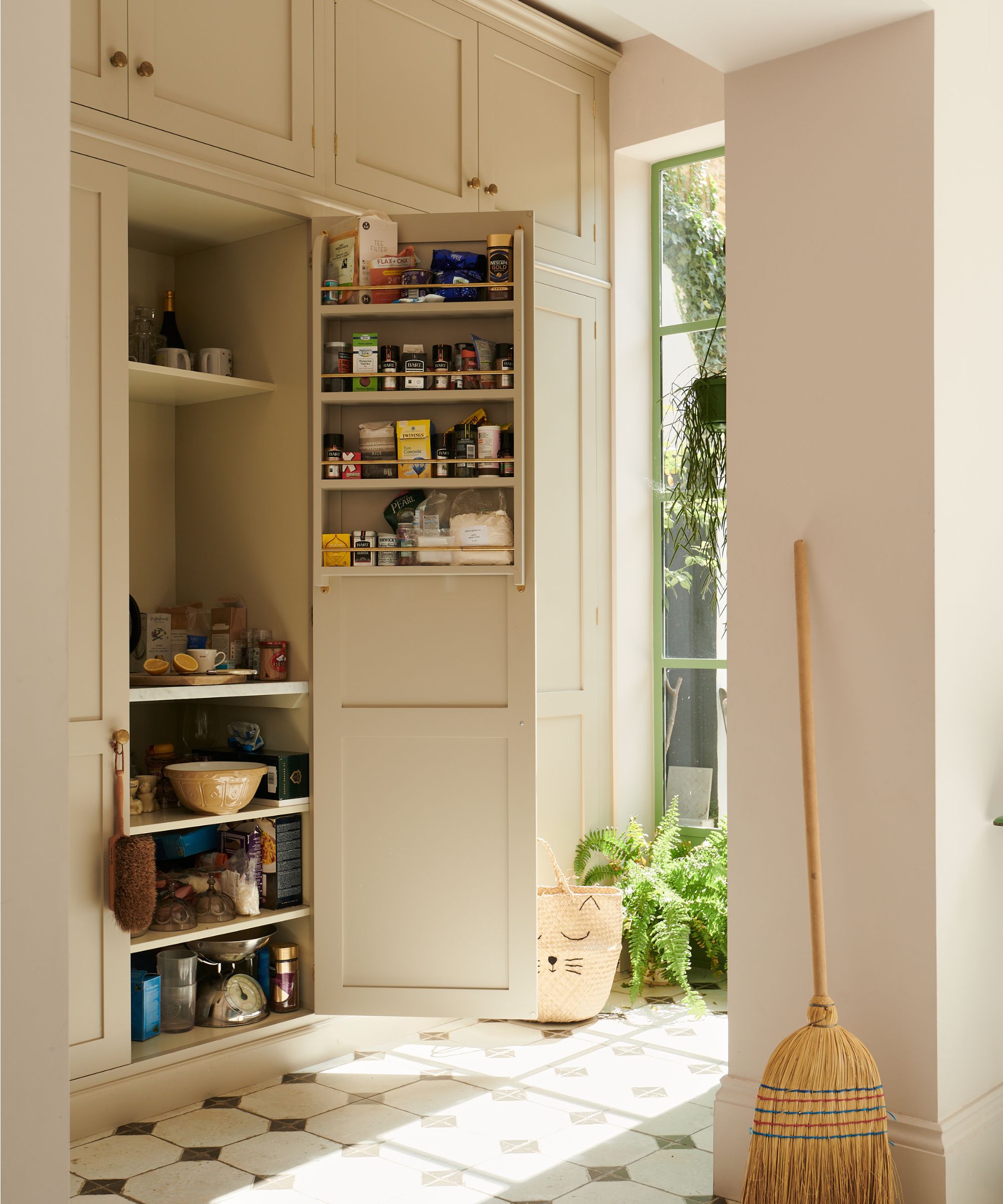
Before you can start cleaning, you need to deal with the big debris and cutoffs from any building work, says Tim Wood, founder and CEO of Fix It Today. This could be leftover from custom cabinetry or countertops, bags from cement mixes, tins from paint or other debris.
Some construction companies will take these with them, but if not (or you are remodeling yourself) check local guidance for correct and lawful disposal techniques the materials you have to hand. Many items cannot be put in your regular waste and need to be taken to a recycling center or dump for proper sorting.
One positive to embracing slow renovating is the ability to get rid of these items as you come up with them, preventing an overwhelming build-up. If it has become a big doom pile, consider asking friends or family for help clearing it to make it quicker and reduce the risk of injury when tackling alone.
Design expertise in your inbox – from inspiring decorating ideas and beautiful celebrity homes to practical gardening advice and shopping round-ups.
2. Isolate dust
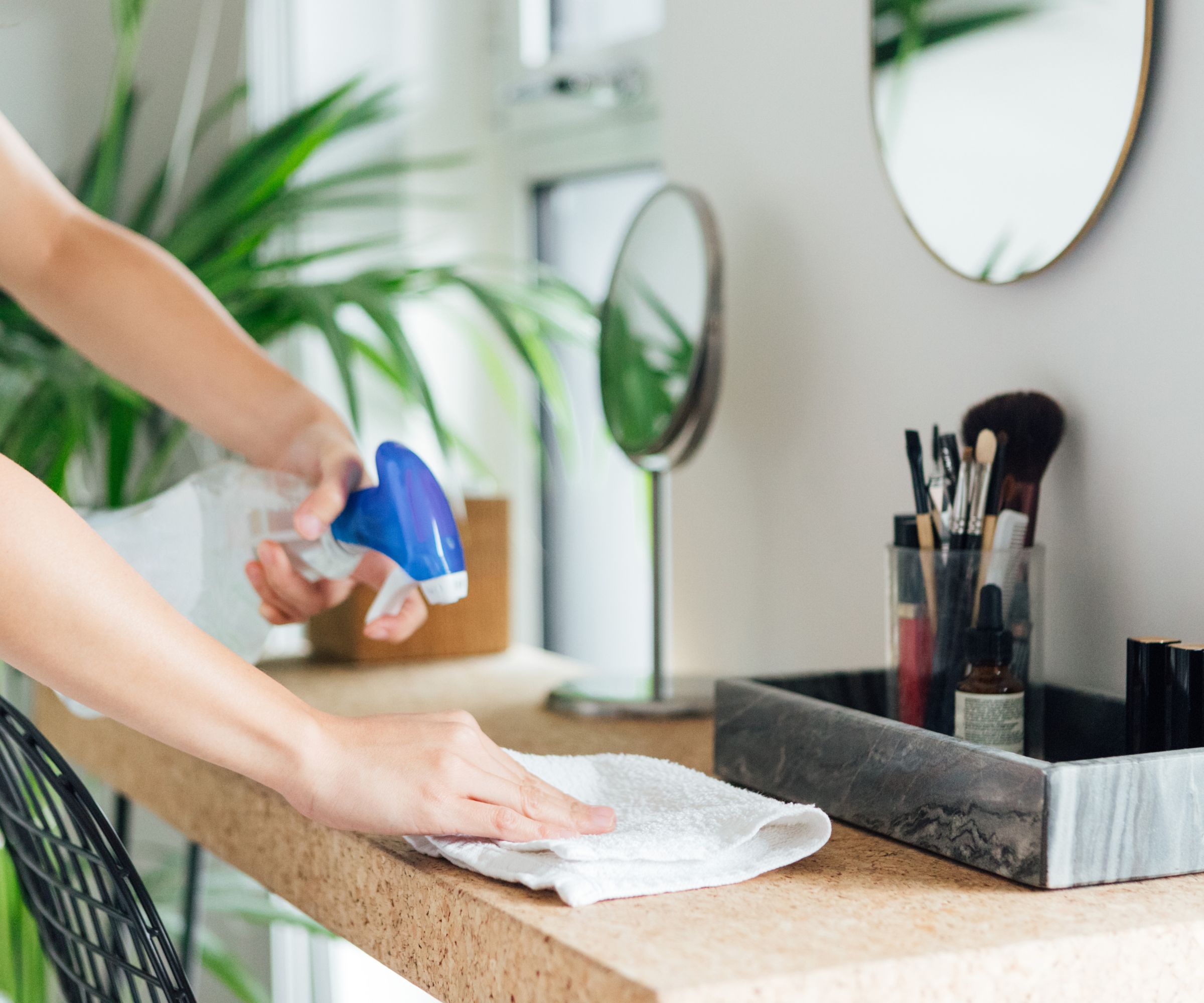
It is nearly impossible to keep a house dust-free during a renovation, so it pays to pick up some tricks to get rid of dust properly.
Tim Wood, contractor, says, ‘Once the larger debris has been cleared out, the next thing you need to worry about is the dust. If the project has been done in a specific area of the house, like the kitchen, it's best to isolate it first before cleaning to avoid spreading dust to unaffected areas. You can do this by closing all doors and windows except those leading outside.
‘Once you have isolated the room, you can begin cleaning. It's best to avoid sweeping the dust off because it will tend to kick dust back into the air. Instead, use a shop vac or a vacuum with a HEPA filter to clean surfaces. You can also run an air purifier with a HEPA filter to remove airborne dust particles.’
If your vacuum doesn't have a post-vacuum filter, any fine particles vacuumed up may be kicked back into the air, making this harder than it needs to be.
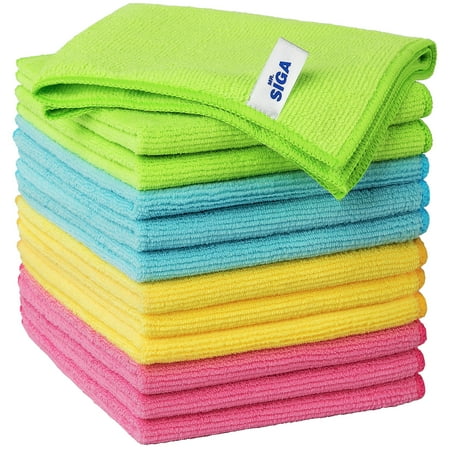
Microfiber cloths make quick work of collecting large swathes of dust and can be shaken off into a trash bin before laundering to restore to new.
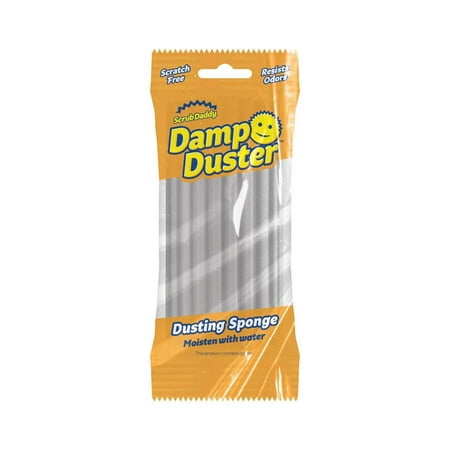
For smaller amounts of lingering dust, the damp duster is unmatched. It picks up dust without spreading it around or unsettling it into the air. We say smaller amounts as it needs regular washing, and may become tedious when dealing with large amounts.

A HEPA air purifier will stop dust in the air before it settles, helping to keep surfaces cleaner when dusting or during construction. Remember to check and replace filters as needed to keep it efficient.
3. Remove paint with water or thinner

From getting paint out of clothes to removing paint naturally from baseboards and flooring, once the dust has cleared you’ll want to tackle stains.
Tim Wood continues, ‘As for paint residues and splatters, the first thing you need to do is determine what type of paint it is. If unsure, ask your contractor. Different types of paint require different removal techniques. For example, water-based paints can easily be removed using warm, soapy water [mixed up with a good soap such as Dawn, from Walmart], while oil-based paints may require paint thinner [also from Walmart].
‘Also, consider the surface on which these stains are located because this can affect how hard or careful you need to go about when cleaning.’ Delicate surfaces such as upholstery or natural stone may react badly to astringents like paint strippers.
4. Scrape away concrete and grout residue
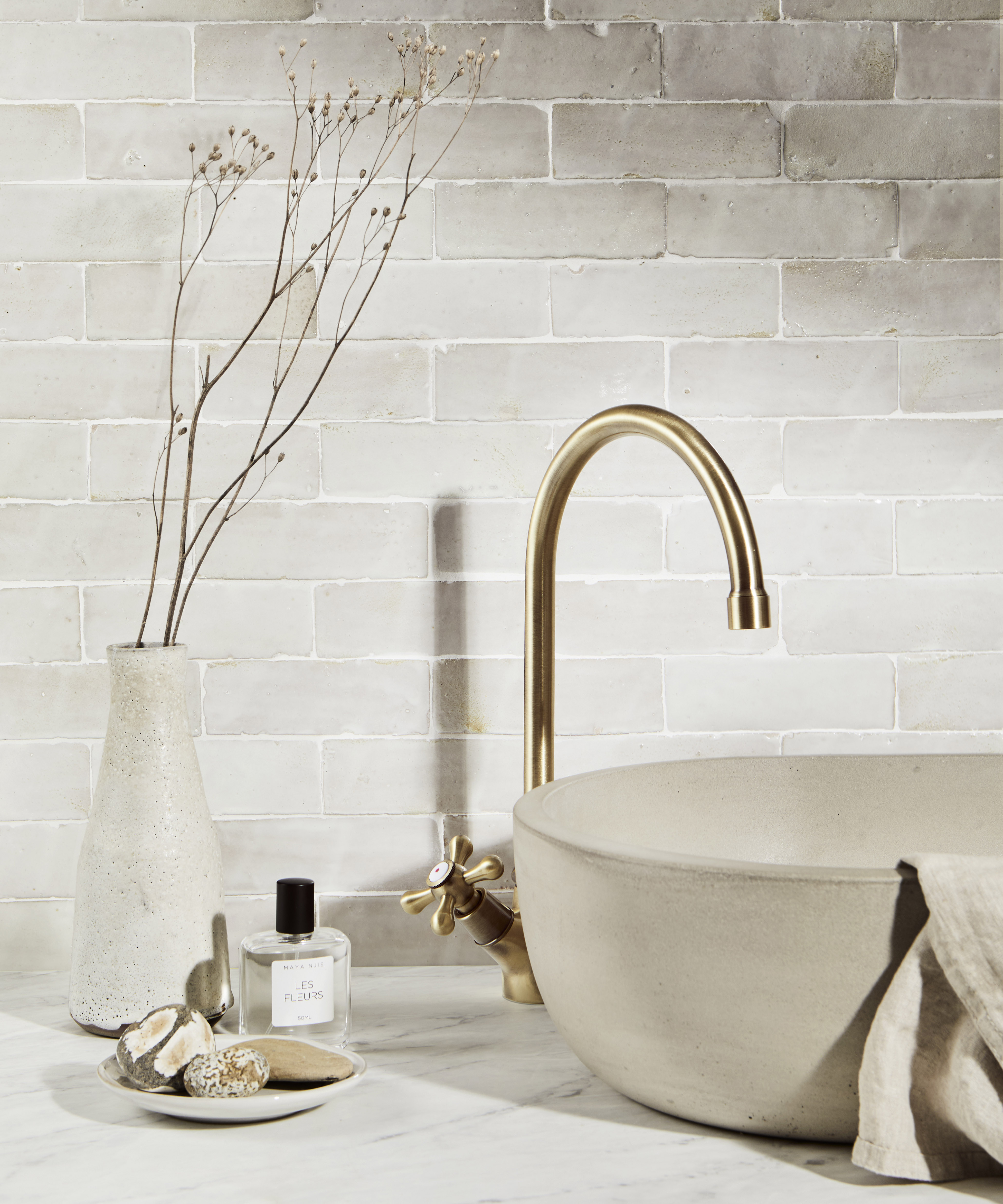
Concrete and grout are incredibly durable, which is why we use them in the hardest working rooms, but they can be very messy, meaning splatters are tricky to avoid. Luckily, removing dried splatters is simpler than it first appears.
Hector Stewart, CEO at Baltimore HCS Home Cleaning Services says, ‘If it’s fresh, warm water and a plastic scraper [from Walmart] should do the trick to remove concrete splatters. Once dried, we’ve had luck with diluted white vinegar for light residue. For tougher spots, there are dedicated concrete removers from Amazon that are safe for most surfaces. Always wear gloves, though!
‘For dried grout, a vinegar-water mix works great, but don’t use it on natural stone – it’s too acidic. Grout haze removers [like FILA from Amazon] are the safer bet if you’re unsure of the material.’
5. Ventilate to deal with odors
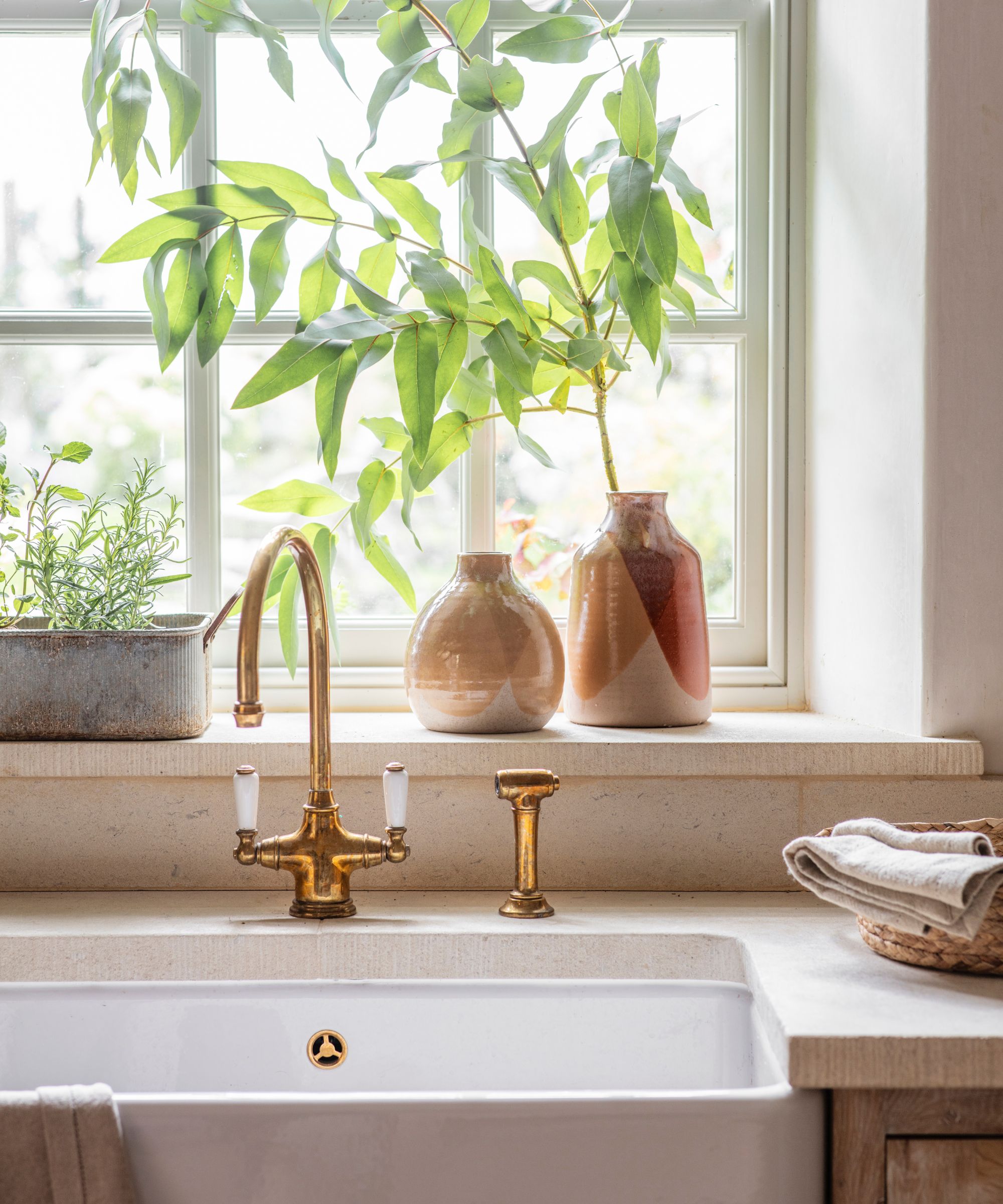
Construction carries with it lots of different odors. From dust to paint to wood cuttings, there are all sorts of smells that can permeate through your home during and after a renovation or remodel.
Hector Stewart suggests the best way to make a home smell nice post-renovation ‘is to start with good ventilation. Open every window you can and get fans running. Beyond that, we like putting bowls of baking soda or activated charcoal in each room to absorb odors. If we need to mask it quickly (like for a client walk through), essential oil diffusers with lemon or eucalyptus oil work great without being overpowering.’
6. Use alcohol for stickiness
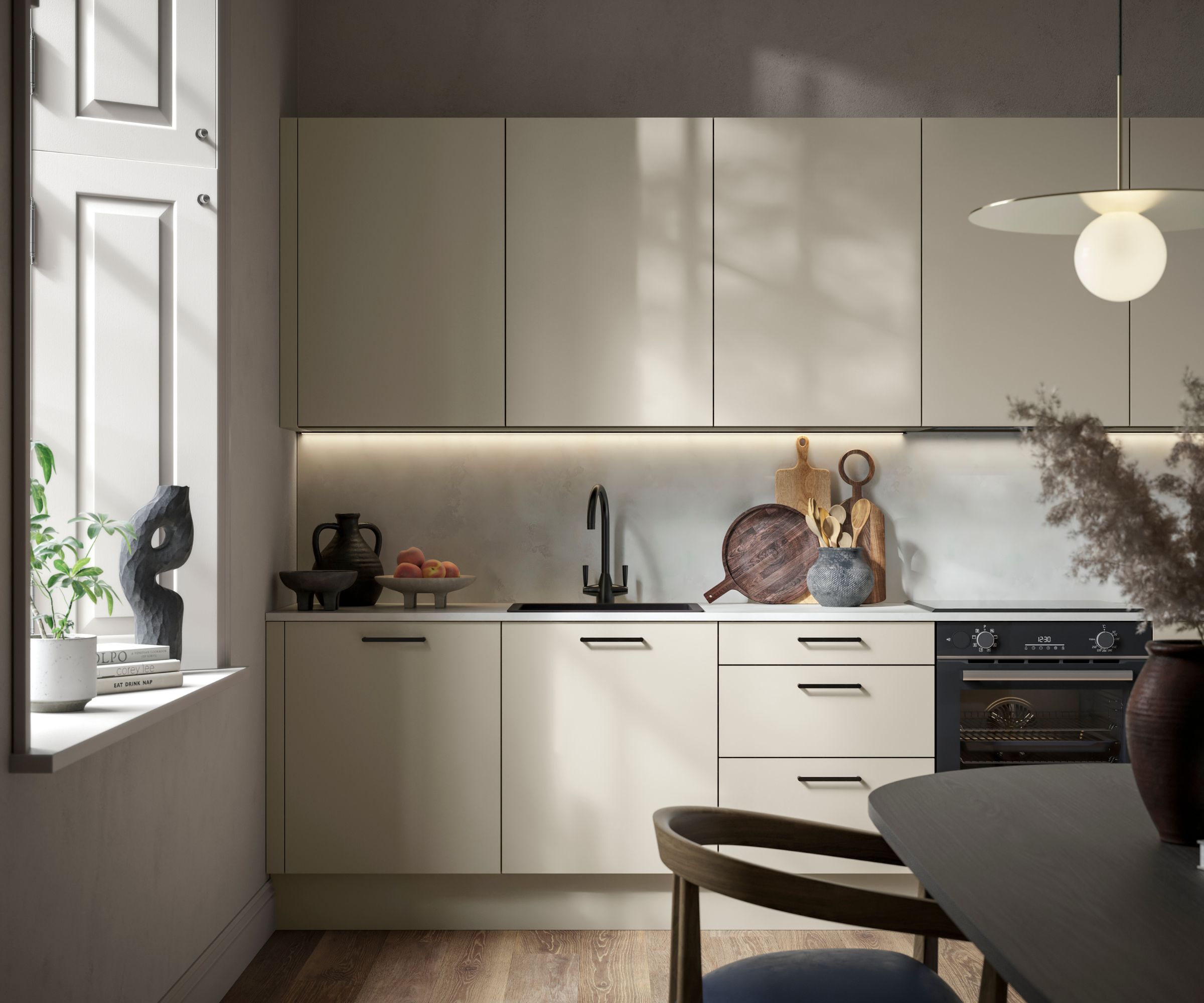
For anything that feels tacky or sticky after renovations, cleaning with rubbing alcohol is your best friend.
Hector Stewart says, ‘For tape residue or leftover stickers, rubbing alcohol [from Walmart] or a dab of Goo Gone [also from Walmart], has never failed us. If it’s on glass, a razor scraper works but be gentle!’
The best way to make your post-renovation to-do list less overwhelming is to simply pay your contractors to clean up before they leave, suggests Tim Wood, contractor. ‘A lot of people don't know that they can actually employ the contractor they hired for post-construction debris clean up. Most companies include it in their packages but some leave it as an optional add-on, so be sure to ask about it beforehand.
‘This eliminates much of the hard work in cleaning up after a major construction project.’

Chiana has been at Homes & Gardens for two years and is our resident 'queen' of non-toxic living. She spends most of her time producing content for the Solved section of the website, helping readers get the most out of their homes through clever decluttering, cleaning, and tidying tips. She was named one of Fixr's top home improvement journalists in 2024.
